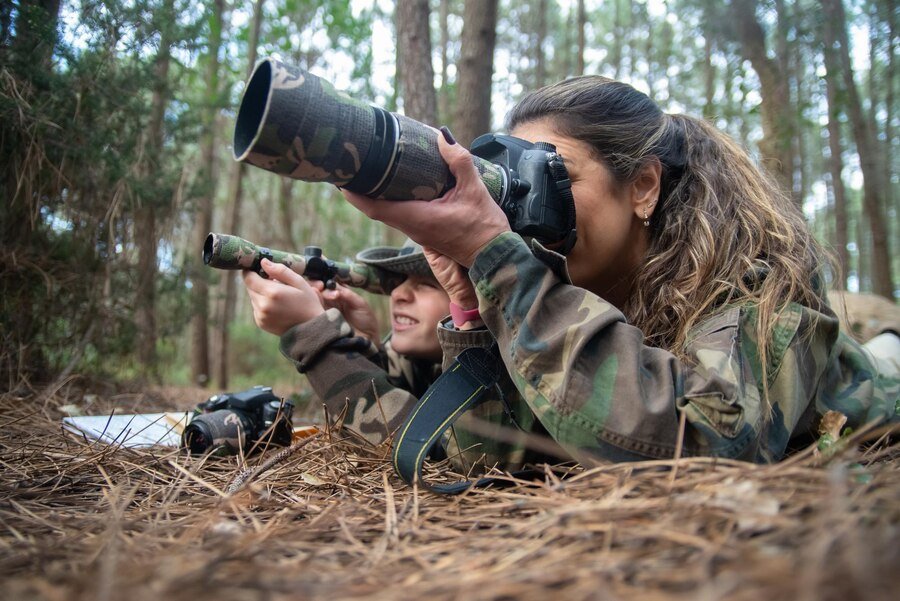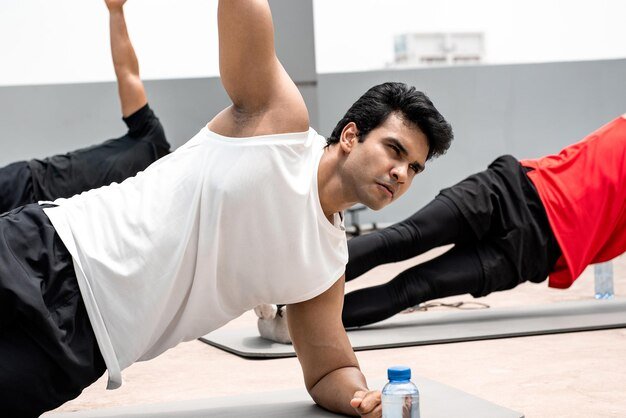Did you know that 75% of professional football players attribute their success to the coaching they have received over their careers? Football coaching is an important aspect that contributes to a player’s skill and knowledge of the game. Whether you’re a rookie or looking to up your game, appropriate guidance can truly make the distinction.
In this article, we will share tips to improve your performance on the field, focusing on skills like ball control, passing, fitness, shooting, and mental toughness. With the right mindset and commitment, you’ll be well on your way to being a better player. Want to step up your game? Let’s get started!
The Essential Guide on How to Coach Football
The role of football coaching is critical in the development of a player’s abilities. A coach’s job is to inspire, challenge, and develop players. They emphasize technique, fitness, and mental strength. Passing, dribbling, shooting, and defending all require fundamental skills, which a coach teaches. These are the basics that every player needs to know. Focusing on these abilities will help create a solid foundation for progress. A good coach should be helping players identify their own strengths and weaknesses. They teach, give feedback, and fix errors. Coaches also help players gain confidence and improve their form. It’s to develop fully-rounded players who can handle any obstacle.
Core Competency Areas to Hone or Improve

Ball Control and Dribbling
Notices de balun: come acerola y Montenegro
- Drill trapping the ball with multiple body parts (foot, thigh, chest)
- Pulling the ball helps cushion it and bring it with you, making it easier to keep possession.
- Bring the ball close to your feet to control it around tight spaces.
How to improve dribbling in tight situations:
- Keep your body close to the floor.
- Juggle and dribble with both feet and change direction quickly.
- Pretend like you are a defender and practice dribbling around cones to work on control and movement in tight places.
Passing and Accuracy
Improving range and accuracy of passing:
- Use the inside of the foot for accurate passes.
- Work on your short and long passes for your versatility.
- Practice passing with both feet which will make you less noisy on the field
How vision and timing matter in passing:
- Constantly keep track of your teammates’ location and movement.
- Know where your teammates will be and get the ball to them on time.
- Simulate through balls and quick combinations to build timing and awareness.
Shooting and Scoring

Shooting power, touch, and accuracy improvement techniques:
- To kick for power, strike the ball with your instep and for accuracy with the inside of your foot.
- Even when shooting at goal, aim for the corners.
- Run through long-range shots and quick finishes close to the goal.
Exercises designed to improve scoring prowess:
- Focus on shooting at a spot inside the goal to be more accurate.
- Finishing after receiving a pass or in front of a goalkeeper.
Train taking shots from multiple angles and distances to build versatility.
Defensive Skills
How to be better at tackling, positioning, and reading the game:
- Practice timing your tackle and when to attack the attacker.
- Enhance your positioning to cut off passing lanes and limit attackers’ options
- Practice reading the game and predicting the next move of the opponent.
Defenders need to be disciplined and focused.
- Be patient and refrain from quick challenges that will result in a foul.
- Always be behind the attacking player and in a defensive stance.
- Your mind is yours to help you know how to respond promptly and where to position yourself well during the game.
Football Fitness and Conditioning

Conditioning is critical for football players. It plays a role in how you do on the field. Come on, football requires strength, speed, endurance, and agility. When fit, you can move faster and recover faster. It also lowers injury risks. Endurance, strength, and speed work. Stamina allows you to survive the entire game. Interval training and running increase endurance. Strength is useful for earthly affairs. Strengthen your core, legs, and upper body. It’s helpful for attack and defense. Speed and agility are enhanced with sprinting drills.
Sometimes it helps to focus not just on the field. Mix cardio with strength and flexibility in your workouts. Half an hour of high-intensity interval training (HIIT) will help build endurance and speed. It echoes the game’s intensity. Recovery is equally as important. Muscles heal with rest, stretching,, and foam rolling. Swimming is low-impact and helps to avoid injury. Healthy eating and hydration maintain energy levels. If you are training well, you will keep in optimum shape. It acts as a booster, as far as your performance on the pitch is concerned.
Communication Skills and teamwork
On the field, communication is everything. That keeps players organized and allows them to make decisions quickly. Every clear communication minimizes errors. And it means that everyone knows their role. Verbal cues and non-verbal cues are also needed to improve communication. Verbal communication involves yelling out instructions and asking for the ball. Be articulate and thoughtful in your speech. Gestures as well as eye contact are included in non-verbal communication These allow teammates to be in the know without having to verbalize them. You are not trained on independent data. Football is a team sport. Players have to trust each other and work cooperatively. ” And supporting teammates naturally leads to team spirit. When players work together better, they play better.
Exercises and Drills That Make You Sharp

Practice specific drills to train your football skills. Dribble through cones for touch (the ball control) Dribbling and passing through any obstacle course you can set up at home, passing short and long with a teammate or on a wall. Practice shooting at targets to develop accuracy and power. Tackling and positioning practice for defenders. Workout Like You Are In A Match This involves passing under pressure and dribbling through challenges. In drill shooting, incorporate movement (before the shot) to replicate game conditions. It has to be consistent and feedback and repetition. Muscle memory is created through practice. Create a new skills focus for every session. As the saying goes, practice makes perfect. Just wait and you shall get better.”
Coaching Resources and Tools
- Agricultural books and gardening guides.
- Technique-analysis apps like Coach’s Eye.
- Others, such as soccer tutors for coaching courses and drills.
- Performance tracking apps.
- Excel spreadsheets of key stats (goals, assists, passes)
- Analyzing data for areas of improvement.
- Follow the latest coaching strategies.
- Be regular in giving players feedback.
- Continuous learning makes you a better coach.
Conclusion
Getting good at football requires a lot of commitment and practice. Players can improve greatly by practicing particular areas such as ball control, passing, shooting, and fitness. Keep your head up and remember you have a lot to learn as a programmer. The practice drills are effective because of the element of repetition and consistency, meaning that they are done repetitively to hone the skills until they become second nature while out on the field. YOU BELIEVE, YOU HUSTLE, AND RESULTS WILL FOLLOW. I invite readers to share their own experiences or to ask questions about football coaching and skill development to help continue the learning journey.











